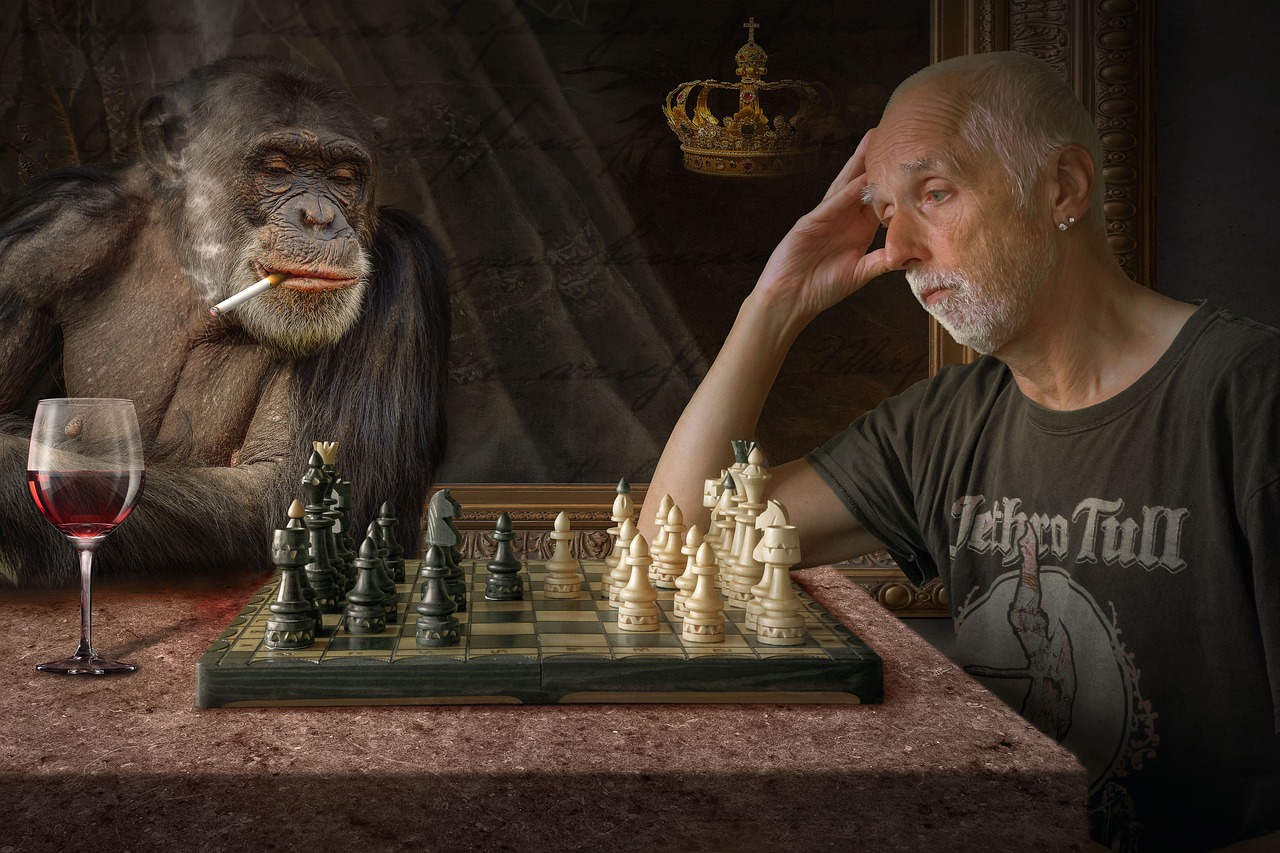The binary framework has deep roots in Western culture. The binary framework applies to systems defined by restricted logics such as board games and to science and digital applications, such as Newtonian physics and programing. Binary logics rely upon axiomatic, self-referential, closed systems. Inputs to the system must accord with the system, otherwise inputs are not recognized or ignored. Thereby, binary models reduce complexity. Binary logic plays upon the human need for certainty and righteousness. Biblical absolutism is binary. Games are binary. Wet and dry are binary. In business, politics, and international relations, the handmaiden of binary logic is a zero-sum game. Losers loose, and winners take all. In America, politics and foreign relations are guided by zero-sum models.
Binary models are useful to the extent that reality may be starkly drawn, but few, if any, real world situations are binary. The real world is an open system. Simple outcomes cannot be drawn. In the real world, whatever may seem a disadvantage possesses advantage, and vice-versa. Taoism represents the dark in light, and the light in dark by the yin-yang symbol. Every movement contains within it the seeds of its opposite. The binary framework limits perception, thought, and judgment. The binary model excludes multiple players and multiple outcomes. What is sacrificed is multi-player synergy, admission of complexity, and out-of-the-box alternatives. Binary models simplify but falsify.
When confronted with the binary, think complexity, multiple dimensions, and change over time. Think big picture. Get out of the box.
